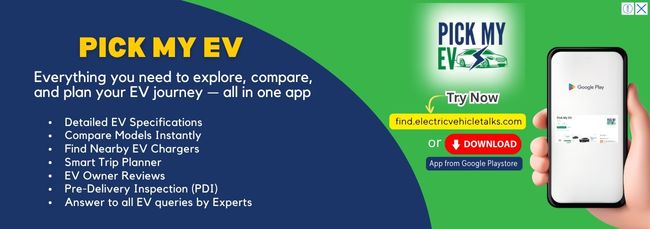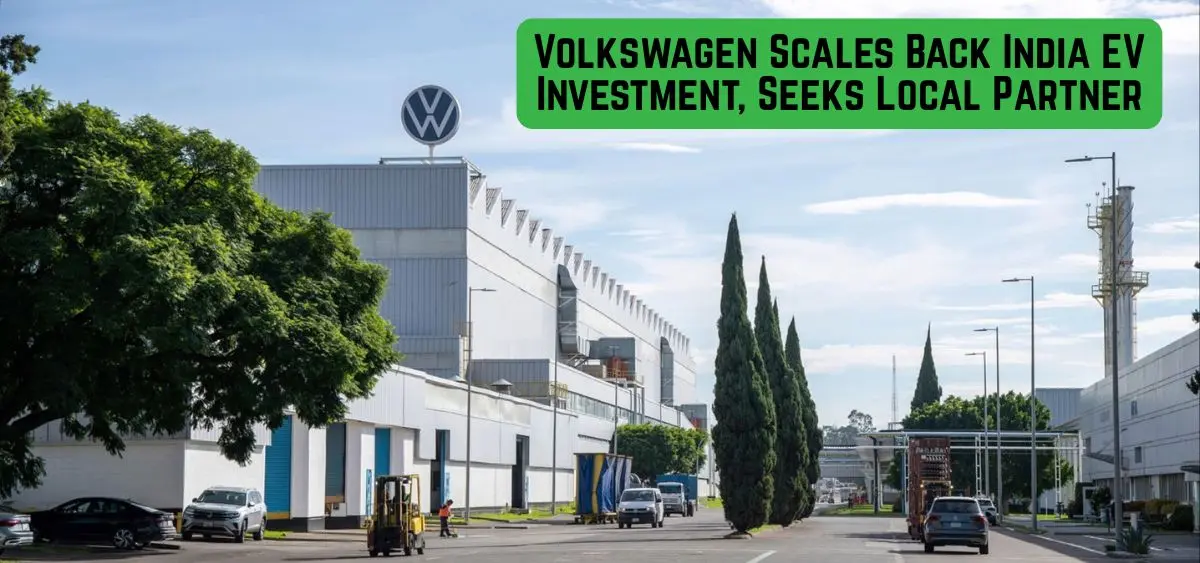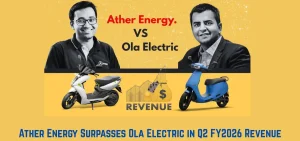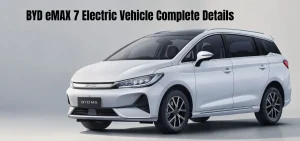Volkswagen Scales Back India EV Investment—a move that has sparked widespread curiosity across the automotive industry. Why is one of the world’s most influential carmakers tightening its budget in a rapidly growing EV market? As Volkswagen realigns its electric strategy in India, the company is not just cutting costs but reshaping its entire approach to localisation, partnerships, and long-term competitiveness. After nearly twenty years in the country, the German giant is now turning toward a more collaborative model, seeking a strong Indian partner to navigate economic pressures, evolving policies, and the fast-accelerating EV race.
Investment Cut: From $1 Billion to $700 Million
Volkswagen has reduced its previously announced India EV development budget from US$1 billion to approximately US$700 million, a cut of nearly one-third. This strategic recalibration reflects a growing need to balance financial risks while tailoring its long-term roadmap to India’s cost-sensitive consumer base.
Despite steady revenue growth, Volkswagen’s profitability in India has declined sharply over the last five years. Combined with the fact that Volkswagen and Skoda together hold only 2% market share even after 20 years in the country, the automaker is choosing a more cautious investment model rather than continuing to deploy massive funds in a challenging market.
Why Volkswagen Is Reworking Its Strategy?
Several factors have influenced this strategic shift:
1. Low Market Share and High Costs
Volkswagen’s limited presence in the mass-market segment has restricted its ability to scale operations. Localisation levels remain comparatively low, which has kept production costs high—an obstacle in a price-sensitive market like India.
2. Rising Competition and Changing Regulations
India’s EV market is growing rapidly, but so is competition from domestic and foreign players. Upcoming fuel-efficiency and carbon-emission norms in 2027 have further pushed the company to rethink how quickly it can adapt.
3. Need for Stronger Local Integration
Volkswagen aims to accelerate localisation of both manufacturing and components to improve affordability and supply chain stability. Achieving this requires a partner deeply rooted in India’s automotive ecosystem.
The Search for a Domestic Partner
Volkswagen’s restructuring has intensified its search for a capable Indian partner to co-develop EV platforms, share production responsibilities, and improve economies of scale.
- Talks with Mahindra & Mahindra, once seen as a promising collaboration, broke down last year.
- The company has now approached the JSW Group, which is already working with China’s SAIC Motor through MG Motor India, to explore a fresh partnership opportunity.
- Skoda Auto Volkswagen India is also in discussions with other potential partners, including an Indian contract manufacturer.
A suitable alliance could unlock shared investment, better localisation, and faster development of EVs tailored to Indian driving conditions and pricing expectations.

Leveraging Global Expertise for India
Volkswagen is evaluating how to use its global EV technologies—especially those developed in China—to build region-specific models. These products would align with India’s regulations, consumer preferences, and competitive price brackets.
The restructuring also follows broader organisational changes triggered by a major tax dispute and shifting global investment priorities, prompting Volkswagen to rethink its exposure in markets with lower returns.
What Lies Ahead?
Looking forward, Volkswagen is strongly considering short-term imports of EVs to comply with 2027 emission norms while localised products are still under development. Ultimately, the company believes a partnership-based model is the most viable path to sustainable growth in India’s rapidly evolving EV landscape.
Related Articles:-





